We are happy to welcome artist Isaac Brynjegard-Bialik as part of the Mitzvot Unplugged Series. Isaac uses innovative materials in his paper-cuts (I encourage you to take a look at them.) He will be talking about the workshops (which he teaches to students young and old.)
1. How do you relay Jewish values in a creative way?
Relaying Jewish values as part of the workshops I lead is fairly easy, for two reasons: the medium is a traditional Jewish art form, and my work is heavily informed by Jewish content. I usually have some sort of a conversation with workshop participants (depending on their age range) about intention and work; how working in a Jewish context can provide meaning and result in “Jewish” work, even if the content isn’t overtly “Jewish.” I talk about the history of papercutting and why it’s been used by Jews for hundreds for years; I talk about the creation of ritual objects and ritual art, and how art-making can be an integral part of our rituals. We tak about the concept of “hiddur mitzvah” (beautifying a mitzvah) and why what artists and craftsmen do is a fulfillment of the commandments.
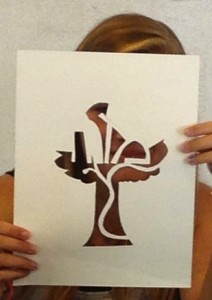 2. What was a successful way to teach a Jewish concept/value
2. What was a successful way to teach a Jewish concept/value
I find that my methods work well, especially when I tailor them to the age range of the group – and the time available, of course.
3. Teachable mitzvah moments
Artists and craftsmen are lucky – we have Bezalel we can look to for a Jewish artist in our tradition, and a specific mitzvah related to the arts – the commandment of “hiddur mitzvah.” I make sure those ideas are used to frame workshop activities so that we’re always working in a Jewish context. Sometimes, depending on the group, I will open with a blessing that my wife (a rabbi in the Reform movement) shared with me, which praises God for giving us “the ability to create and enjoy works of beauty.”
4. Favorite resources for teaching
I’ve got a few books I always bring with me to workshops, including Shalom Sabar’s Ketubbah (wonderful examples of papercut and illuminated ketubot through history), Henri Matisse’s Jazz
(his later cut paper work), two books published by Dover with Chinese lattice and papercut designs, Debra Band’s The Honeybee in the Garden
(papercut series of the Song of Songs).
5. A value/topic you’ve wanted to teach and how you went about or want to go about doing that.
I talk about my work as part of a continuing conversation with our people – as responsa, as part of the midrash tradition. I would really like my workshop participants to see what they’re doing as visual biblical commentary – as part and parcel of what Judaism has always done, which is using stories to explain the world around us.
Photos Courtesy: Isaac Brynjegard-Bialik
Isaac Brynjegard-Bialik is a California based artist, focusing on paper-cut. You can see his work now online or at his solo show “You did WHAT to my comics?!?” at Brave New World Comics in Santa Clarita, California. Please visit his website for more information about his paper tefillah workshops or workshops in general.
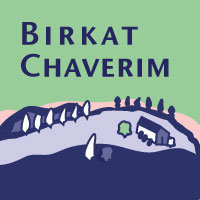
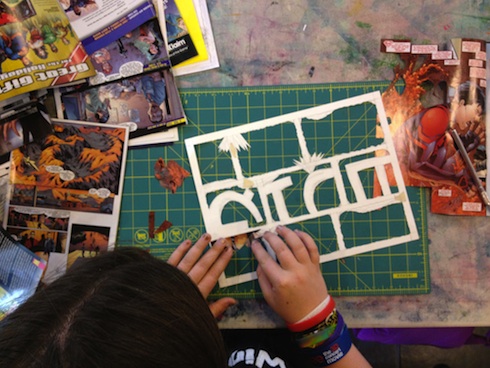
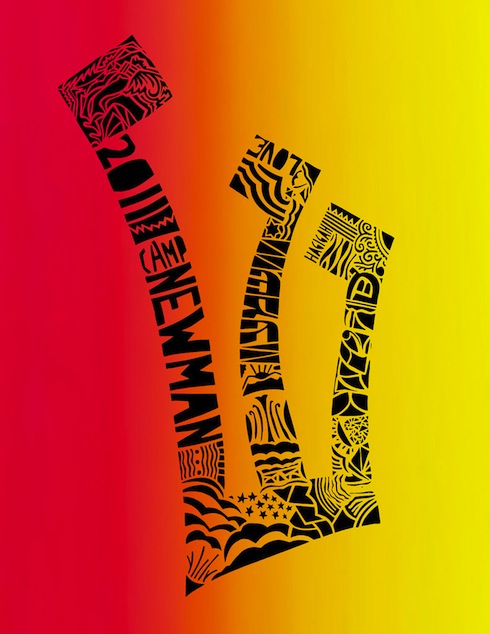
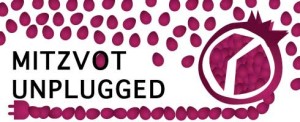
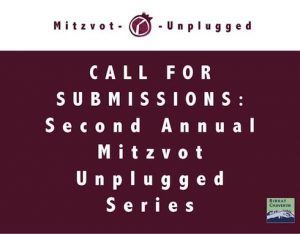
[…] have touched on the use of comics to teach Jewish values in Mitzvot Unplugged posts in the past. Aartist Isaac Brynjegard-Bialik uses comic books in his papercuts and in his workshops. Flora Rosefsky’s mentoree, Adam, […]
[…] love sharing programs that make use of the arts to teach values. For other examples see Using Papercuts to Teach Values, Kol HaOt- Illuminating Jewish Life through Art, and the A View from the American Guild of Judaic […]